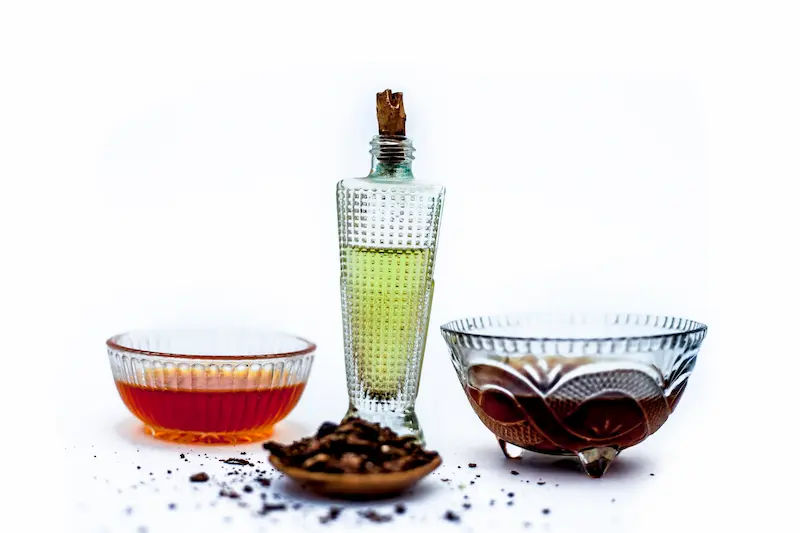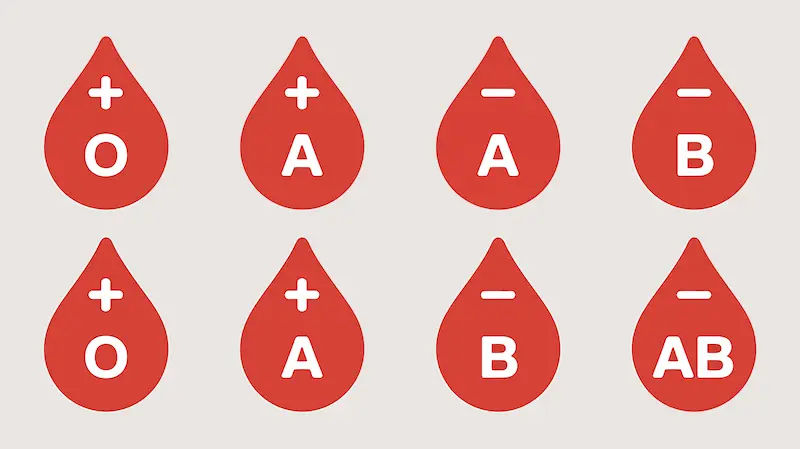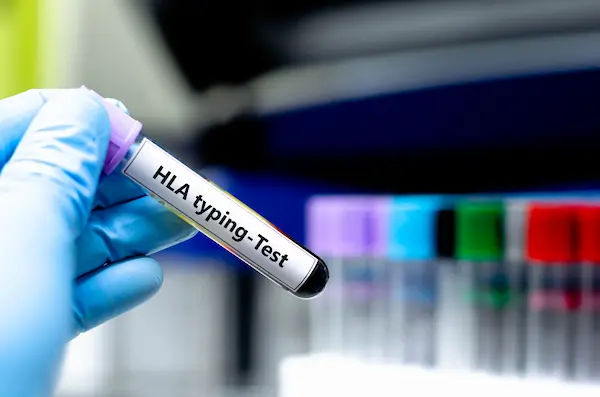Guide to Eye Care Summer Monsoon Months
Discover essential eye care tips for the monsoon season to protect your vision, prevent infections, and maintain healthy eyes during summer rains.


Introduction
The arrival of the monsoon brings welcome relief from the scorching summer heat, but it also ushers in a season of high humidity, stagnant water, and increased allergens. For our eyes, this shift can be particularly challenging. The combination of residual summer UV exposure and new monsoon-related hazards creates a perfect storm for infections and irritation. This comprehensive guide will walk you through everything you need to know about eye care during these transitional months, from understanding common problems to implementing a robust prevention strategy. Whether you're dealing with itchy, watery eyes or want to avoid common infections like conjunctivitis, this article is your go-to resource for maintaining clear and comfortable vision all season long.
Why Your Eyes Need Extra Care During the Monsoon
The monsoon season is not just about rain; it's about a significant change in our environment that directly impacts our ocular health. The warm, moist atmosphere becomes a breeding ground for bacteria and viruses, while winds carry dust, pollen, and other pollutants that can irritate the eyes.
The Double Threat: Summer Sun and Monsoon Humidity
Even during cloudy monsoon days, harmful ultraviolet (UV) rays from the sun can penetrate the atmosphere and damage your eyes, contributing to conditions like photokeratitis (a sunburn of the eye) or accelerating cataracts. When this UV exposure is combined with monsoon humidity, the risk of infection multiplies. Humidity causes us to sweat more, and rubbing our eyes with moist hands can easily transfer bacteria from the skin into the eyes, leading to infections like styes and bacterial conjunctivitis.
Common Monsoon Eye Problems You Should Know
Being able to identify these common issues is the first step towards effective eye care.
Conjunctivitis (Pink Eye): The Monsoon Menace
Conjunctivitis is the inflammation of the conjunctiva, the clear tissue covering the white part of the eye. It's highly
contagious during the monsoon. Symptoms include redness, a gritty feeling, discharge (watery or thick), and itching. It can be viral or bacterial, and it's crucial to avoid self-medication.
Styes: The Painful Bump on Your Eyelid
A stye is a painful, red lump near the edge of the eyelid, similar to a pimple. It's caused by a bacterial infection in an oil gland or eyelash follicle. Poor eyelid hygiene and frequent eye rubbing are common culprits during the monsoon.
Dry Eye Irritation Exacerbated by Weather
While it may seem counterintuitive, air conditioning used to combat humidity can dry out the air and accelerate tear evaporation, leading to dry eye irritation. Symptoms include a stinging or burning sensation, stringy mucus, and sensitivity to light.
Corneal Ulcers: A Serious Complication
A corneal ulcer is an open sore on the cornea, often resulting from an untreated eye infection or injury that becomes infected. It's a serious condition that can threaten vision and requires immediate medical attention. Symptoms include severe pain, redness, a white spot on the cornea, and discharge.
Allergic Reactions to Airborne Particles
The monsoon season stirs up mold, pollen, and dust mites, triggering allergic reactions in the eyes. Allergic conjunctivitis causes intense itching, watering, redness, and swollen eyelids.
Consult an Ophthalmologist for the best advice
Your Monsoon Eye Care Defense Plan: Prevention is Key
A proactive approach is your best defense against monsoon-related eye problems. By integrating a few simple habits into your daily routine, you can significantly reduce your risk.
Hygiene Habits for Healthy Eyes
This is the most critical aspect of monsoon eye care.
- Hands Off: Avoid touching or rubbing your eyes with unwashed hands.
- Frequent Handwashing: Wash your hands regularly with soap and water, especially after coming indoors.
- Personal Items: Do not share towels, handkerchiefs, sunglasses, or eye makeup.
- Clean Your Spectacles: Keep your glasses clean to prevent the accumulation of pollutants.
- Contact Lens Care: If you wear contact lenses, maintain strict hygiene. Consider switching to daily disposable lenses
during peak infection season to minimise risk.
Protective Measures: Sunglasses and More
- Wear Sunglasses: Use UV-protection sunglasses when outdoors, even on cloudy days. They also act as a barrier against
wind-blown dust and allergens. - Use Protective Eyewear: If you are travelling on a two-wheeler or engaging in activities that might expose your eyes to
rain or splashes, wear protective goggles. - Avoid Water Splashes: Try not to let rainwater splash directly into your eyes, as it may contain pollutants or infectious agents.
Diet and Hydration for Optimal Eye Health
A strong immune system helps your body fight off infections. Stay well-hydrated by drinking plenty of water.
Incorporate foods rich in Vitamin A (carrots, leafy greens), Vitamin C (citrus fruits, bell peppers), and Omega-3 fatty acids (fish, nuts) into your diet to support overall eye health.
What to Do If You Get an Eye Infection
Despite our best efforts, infections can sometimes occur. Knowing how to respond is crucial.
First-Line Home Care (The Safe Way)
- Cold Compress: For itching and swelling from allergies, a clean, cold cloth placed gently over closed eyelids can
provide relief. - Warm Compress: For a stye, a warm compress applied for 10-15 minutes several times a day can help it drain.
- Lubricating Drops: Use preservative-free artificial tears to soothe irritation and flush out minor allergens. Avoid
medicated or redness-relief drops without a prescription. - Rest Your Eyes: Give your eyes a break from screens and wear sunglasses if you are sensitive to light.
When to See a Doctor Immediately
Home care is not a substitute for professional medical advice. Seek immediate medical attention if you experience:
- Severe pain in the eye.
- Blurred or loss of vision.
- A thick, yellow, or green discharge.
- Symptoms that worsen or do not improve after 24 to 48 hours.
- A foreign object sensation that doesn't go away.
An ophthalmologist can accurately diagnose the problem, whether it's bacterial, viral, or allergic, and prescribe the correct treatment, such as antibiotic or antiviral eye drops.
Conclusion
The summer monsoon months demand a vigilant and informed approach to eye care. By understanding the unique risks posed by the combination of humidity, pollutants, and allergens, you can take effective steps to protect your vision. Prioritising impeccable hygiene, using protective gear like sunglasses, and maintaining a healthy lifestyle form the cornerstone of prevention. Remember, while minor irritation can often be managed with careful home care, any sign of a serious infection warrants professional evaluation. If symptoms of an eye infection like persistent redness or pain develop, consulting a doctor online with Apollo24|7 for an initial assessment can provide timely guidance. Your eyes are precious; taking these proactive measures will ensure you enjoy the beauty of the rainy season with clear, healthy, and comfortable vision.
Consult an Ophthalmologist for the best advice
Consult an Ophthalmologist for the best advice
Dr. Venkateswaran Sivaprakasam
Ophthalmologist
42 Years • MBBS, Diploma in Ophthalmology
Tiruvannamalai
Shiva Eye And General Hospital, Tiruvannamalai
Dr. Padmini S
Ophthalmologist
4 Years • MBBS,MS
Bengaluru
Apollo Medical Center, Marathahalli, Bengaluru
Dr. V.chittibabu
Ophthalmologist
30 Years • MBBS, DO, Ms (Ophthalmology)
Vellore
Krupa Eye Clinic, Vellore

Dr L R Seth
Ophthalmologist
36 Years • MBBS, MS, DOMS
Delhi
Apollo Hospitals Indraprastha, Delhi
Dr. Akashdipta Saha
Ophthalmologist
4 Years • MBBS, MD(Ophthalmology), Fellowship in Retina & Vitreous
Delhi
AIIMS, Delhi
Consult an Ophthalmologist for the best advice
Dr. Venkateswaran Sivaprakasam
Ophthalmologist
42 Years • MBBS, Diploma in Ophthalmology
Tiruvannamalai
Shiva Eye And General Hospital, Tiruvannamalai
Dr. Padmini S
Ophthalmologist
4 Years • MBBS,MS
Bengaluru
Apollo Medical Center, Marathahalli, Bengaluru
Dr. V.chittibabu
Ophthalmologist
30 Years • MBBS, DO, Ms (Ophthalmology)
Vellore
Krupa Eye Clinic, Vellore

Dr L R Seth
Ophthalmologist
36 Years • MBBS, MS, DOMS
Delhi
Apollo Hospitals Indraprastha, Delhi
Dr. Akashdipta Saha
Ophthalmologist
4 Years • MBBS, MD(Ophthalmology), Fellowship in Retina & Vitreous
Delhi
AIIMS, Delhi
More articles from General Medical Consultation
Frequently Asked Questions
1. How can I tell if my conjunctivitis is viral or bacterial?
While a doctor's diagnosis is essential, viral conjunctivitis typically starts in one eye with a watery discharge and may be associated with a cold. Bacterial conjunctivitis often affects both eyes and produces a thicker, yellow-green discharge. A doctor can confirm the type and prescribe the appropriate treatment.
2. Are there any specific eye drops to prevent infections during monsoon?
Do not use antibiotic eye drops as a preventive measure, as this can lead to resistance. Instead, use preservative-free lubricating (artificial tears) eye drops to keep your eyes moist and help flush out minor irritants. For allergy prevention, an ophthalmologist may recommend antihistamine eye drops.
3. Is it safe to wear contact lenses during the monsoon?
You can wear them, but hygiene is paramount. Wash your hands thoroughly before handling lenses. Consider switching to daily disposable lenses to avoid contamination from lens cases. If your eyes are red or irritated, avoid wearing contacts altogether.
4. Can I use rose water or other home remedies for eye care?
It is not recommended to put rose water or any non-sterile solution directly into your eyes. These can introduce bacteria and cause more irritation. Always use sterile, medically approved products like artificial tears.
5. What is the best way to clean my eyes if rainwater gets into them?
Gently splash your eyes with clean, cool tap water. Avoid rubbing them. You can also use preservative-free artificial tears to help rinse them out. If irritation persists, consult a doctor.




